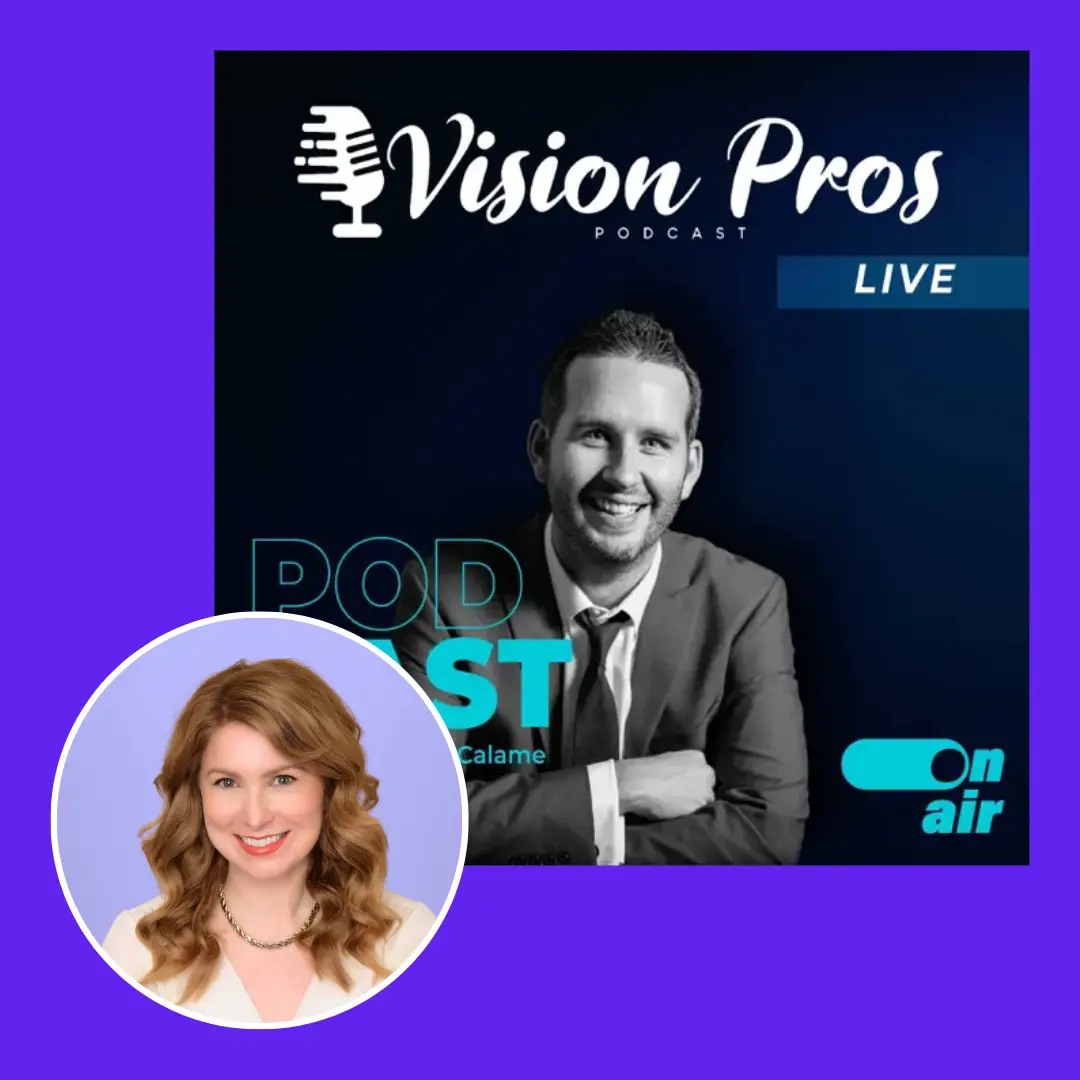My Eye-Opening Guest Appearance on The Other Side of Fear
Hey everyone!
I’m excited to share that I recently had the opportunity to be a guest on the enlightening podcast The Other Side of Fear! 🎙️✨ In this episode, we delved deep into the issue of burnout and explored how to redefine success on our own terms. If you’re feeling overwhelmed or stuck in a cycle of stress, this episode is for you!
Understanding Burnout
During the podcast, we had an honest and eye-opening discussion about burnout—its roots, signs, and how it affects our lives. Here’s a breakdown of what we covered:
The Five Success Traps
We talked about the common traps that lead to burnout, including:
- Operating from “Shoulds”: Recognizing when you’re driven by external expectations or societal pressures rather than your own desires and values.
- Internal and External Pressures: Understanding how both personal and societal factors contribute to burnout, particularly for women balancing multiple roles and expectations.
The Hidden Signs of Burnout
Burnout often starts with subtle signs of resentment and dread that can disrupt both our professional and personal lives. We explored how these early tremors can grow into a full-blown state of emotional and physical exhaustion.
“Burnout is frequently worn as a badge of honour in today’s fast-paced world, until it’s too late to recognize its impact,” I shared during the episode.
Redefining Success
One of the highlights of our conversation was discussing how to redefine success on your own terms. We wrapped up the session with some hope-infused insights and practical advice:
- Seven Principles for Working Smarter: I shared seven key principles to help you work more efficiently and effectively, without sacrificing your well-being.
- Creating a Flourishing Life: The goal isn’t just to endure but to truly flourish in a demanding world. We discussed strategies to build a life that aligns with your values and brings you joy.
Key Takeaways
Here’s a quick summary of the key takeaways from the episode:
- Recognize the “Shoulds”: Identify when you’re operating based on external pressures rather than your own goals.
- Understand Burnout Factors: Be aware of both internal and external factors contributing to burnout.
- Redefine Success: Implement principles that allow you to work smarter and live a fulfilling life.
Tune In for a Transformative Conversation
If you’re looking for practical tips on managing burnout and redefining success, don’t miss this episode. We dive deep into the pressures of modern life and how to navigate them with hope and resilience.
Listen to my conversation on The Other Side of Fear!
For more insights and to learn about how the Serene Success program can help you, visit serenesuccess.net.
I hope you find the episode as inspiring and transformative as I did!
Stay tuned and take care,
Hannah

